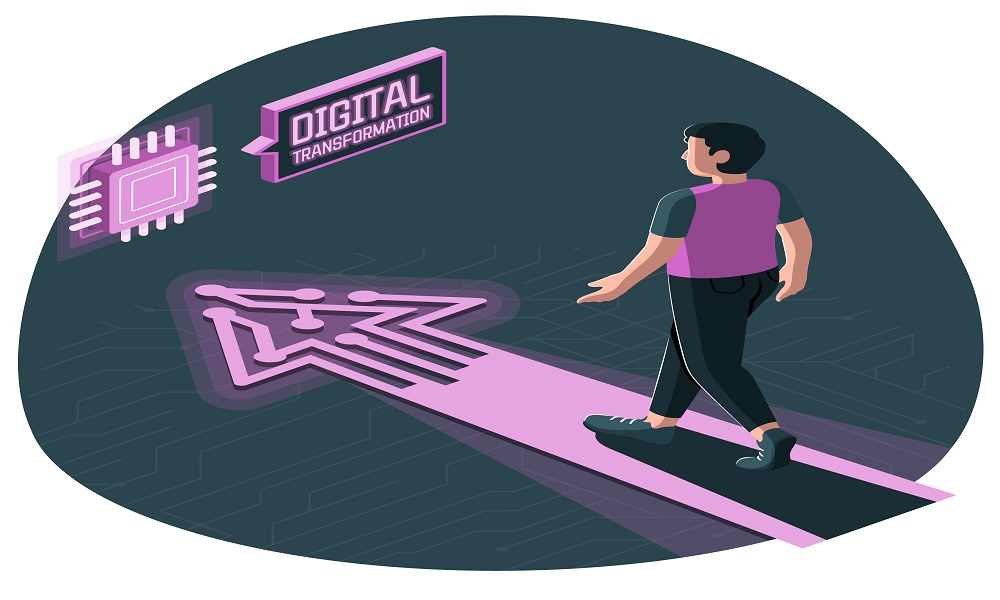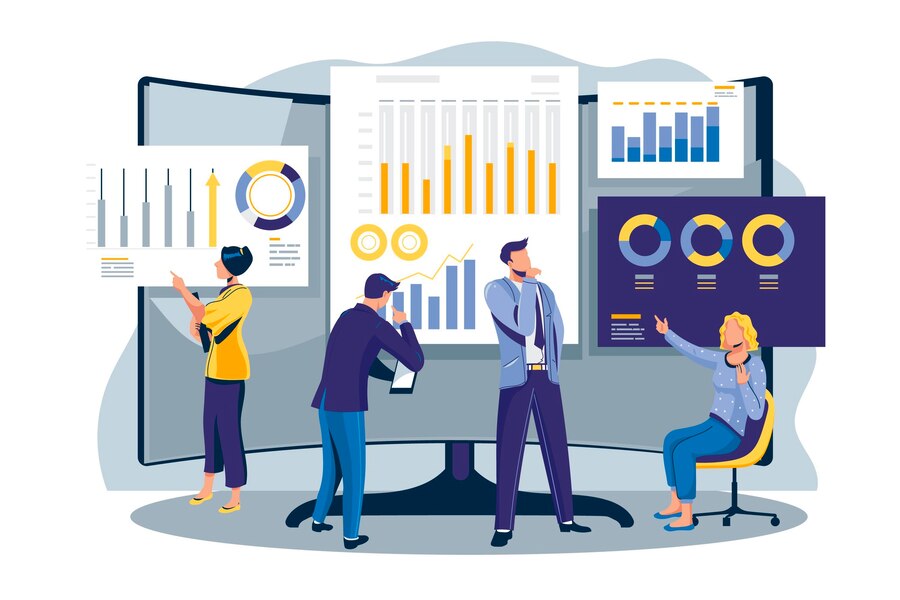The ongoing Coronavirus crisis has shaken the world’s economy. In India, the economic situation is set to worsen as almost all sectors of the economy have been greatly affected by the lockdown.
In the near future, what are some of the solutions that can help the economy on its way back to normalization? There are no easy answers but many experts are viewing technology solutions as playing a big role in this process. While some areas will be difficult to revive, even while we still do not know when the crisis will end. In these circumstances, the practice of connecting and working remotely can be greatly up-scaled to help in the normalization process. In my view, digital automation may be the way forward.
This new movement can find its roots in a favourable ecosystem created by the Digital India programme of the Government of India. Conceptualized as a massive empowerment programme to digitalize many government services, upgrade and upscale the IT infrastructure of the country including bettering Internet services in the country, Digital India also aims to create the necessary knowledge and skills in our society to enjoy the full benefits and possibilities of digital technologies.
Almost in tandem, the private sector, including the several hundred start-ups in the country adopted a digital-first approach and transformed the access and delivery mechanisms of their products and services, including the biggest transformation – digitalization of payment systems. There is already a thriving e-commerce and m-commerce ecosystem in the country that has enhanced its capabilities over the expansion of mobile telephony services and proliferation of smartphone devices.
In the world of work, virtual teams and workspaces have become very common. During the on-going curfews and shutdowns, many in India have been working for their respective organizations from their homes or even remote locations like Hotels. The crisis probably provides us with an opportunity to reflect on whether the digital culture can be seriously amped to replace as many older mechanisms of work, and delivery of services as possible.
The process certainly won’t be easy and does not guarantee a full solution to all problems and may not even succeed in becoming the norm in all sectors. Some sectors definitely require physical and manpower-based solutions, such as Real Estate and Infrastructure Development, but digital systems have already been replacing the old norms for quite some time in the country. Digital retailing is certainly one big sector that can be further transformed and also localized to serve customers better.
Reliance on digital technologies will especially be helpful if the crisis prolongs itself, a similar crisis happens or the old one relapses. The promise of digital technologies is surely lucrative if accompanied with high-powered Internet services and access to devices for all. Take for instance the Healthcare sector. In the diagnostic phase, through applications like mHealth, medical professionals can screen patients remotely, pathology or radiology tests can be conducted in local centers, medicine prescriptions can also be sent digitally and medicines can be ordered and payments made digitally.
Such possibilities will require a great harmony among availability of Internet and digital services and devices, excellent levels of digital literacy, and a digitally empowered supply-chain. It will require a unison amongst the Government, businesses and digital technology providers. There may be a need major subsidies and provision for tax-holidays. The banking systems may need to enter the next phase of digitization wherein ordinary citizens may never need to visit a bank physically.
The outright criticism of such fairytale ideas is that digital disparities and economic inequalities cut across classes and population strata. The response is not to imagine this solution as a universal one in the beginning, and then invest heavily in skilling the population at large. There is already a functional system of primary and secondary schooling in the country. It requires to be capitalized with some radical steps at changing curricula – subjects irrelevant to contemporary lifestyles may have to be dropped altogether and devices may have to be introduced in the everyday life of classrooms and school premises. This may sound like a blasphemous idea at the outset, as digital technologies have often been viewed as a bane and means to irresponsible behavior. Such notions will have to be corrected and the skepticism around them would have to recede as these solutions become increasingly indispensable. If systems of technology administration are designed well and are in tune with ground realities, then there would be a lesser need to impose curbs on design technology proliferation and gradually the habits of controlling technology access may change for the better.
Voices from around the world are seeing similar solutions to our current problems. In India, the Reserve Bank is already urging citizens to use banking facilities digitally. These solutions are not all that airy-fairy as technology has progressed in leaps and bounds in the recent past. Communication through devices has become intelligent through AI and ML, manufacturing is moving towards automation and industry towards Industry 4.0.
This post does not address certain substantial economic problems as digital divide and possible unemployment, solutions certainly can be devised focusing on better public distribution systems and a thrust on welfare programmes centered on the principle of a more just redistribution of national wealth. It is a call to make more sincere investments in the right places with the right aptitude. It serves them right to have the tone of these possibilities be optimistic and hopeful in the time of a serious crisis.
Author:
Girija Shankar Semuwal, Assistant Professor, Unitedworld School of Liberal Arts and Mass Communication (USLM)






